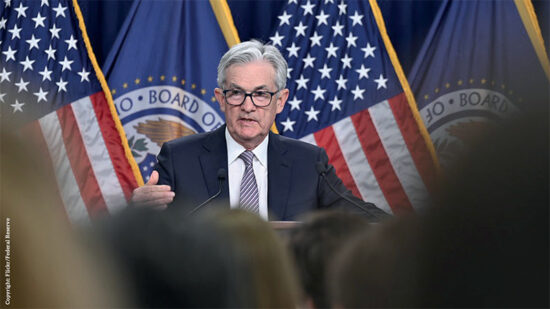Brexit had a negligible impact on Asian markets, but the French election results were different, the sources said.
In line with expectations, the outcome removed a risk event and led investors to focus on better economic growth, benefiting both European and Asian equities, said Joshua Crabb, Old Mutual Global Investors’ Hong Kong-based head of Asian equities.
In contrast to the multi-year rally in the US equity market, “in the rest of the world, whether it’s Asia or Europe, we see markets that have not been doing well due to people’s concerns, whether that’s trade barriers with China, the demonetisation in India, referendum in Italy or the French elections.
“Now for Asia and Europe, things are starting to get better. The bad news is becoming historical and we have a combination in both Europe and in Asia of relatively cheap assets,” Crabb told FSA.
“For Europe it’s more about the removal of risks, and for Asia it’s more about the growth aspect. The bigger question is not so much on Asia versus Europe, but more on the US versus the cheaper assets.”
Flows grow
The expected flows into Asia and Europe are aligned with Asia’s fund selector flow projections for the next 12 months, according to FSA‘s Fund Selector Asset Class Research.
Likewise, State Street Global Advisor’s head of strategy & research in Asia-Pacific, Thomas Poullaouec, said he believes European equities are attractive due to good fundamentals and low valuations.
“The French election could be a trigger for Asian investors to reconsider their tactical position on European equity, such that we can see some flows in the short-term, but the question would be whether they can be maintained over the medium to long term.
“What could be a big event on the horizon [in Europe] that is still impactful for Asia is the Italian election that is likely to happen before February 2018.”
James Cheo, investment strategist at Bank of Singapore, sees only a short-term impact on Asian markets.
“Post-French elections, there could be a short-term relief rally for risky assets, including Asian markets. However, we advise investors to remain selective and vigilant when it comes to Asia investing,” he said.
In the near-term, Asian stock markets could also be influenced by some fund managers moving capital out of Asia to rebalance into Europe, he added.
Global equity caution
Cheo, however, warned on global equities. The global stock markets have been driven by pure economic momentum for some time, which is not sustainable, he explained.
“We think that global markets are in a consolidation phase. Upside is capped partly by geopolitical risk and Trump’s inability to make any economic reforms. From November last year, the rise in markets was due to the improving economic cycle. The consolidation now in evidence is due to economic momentum moderating.”
In particular for Asian equities, “fundamentals will have a greater bearing on Asia’s trajectory. The upside is constrained by a moderating growth phase globally, including in China”, he noted.
Poullaouec, from State Street, believes the next major macro event that will drive Asian investor sentiment will likely be China’s politburo meeting at the end of the year, “which is decisive for the growth story in China and Asia”, he said.
Synchronised upturn?
Three-year performance of the broad benchmark indices in the US, Europe and Asia ex-Japan in US dollar terms, according to FE.









